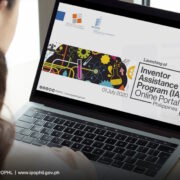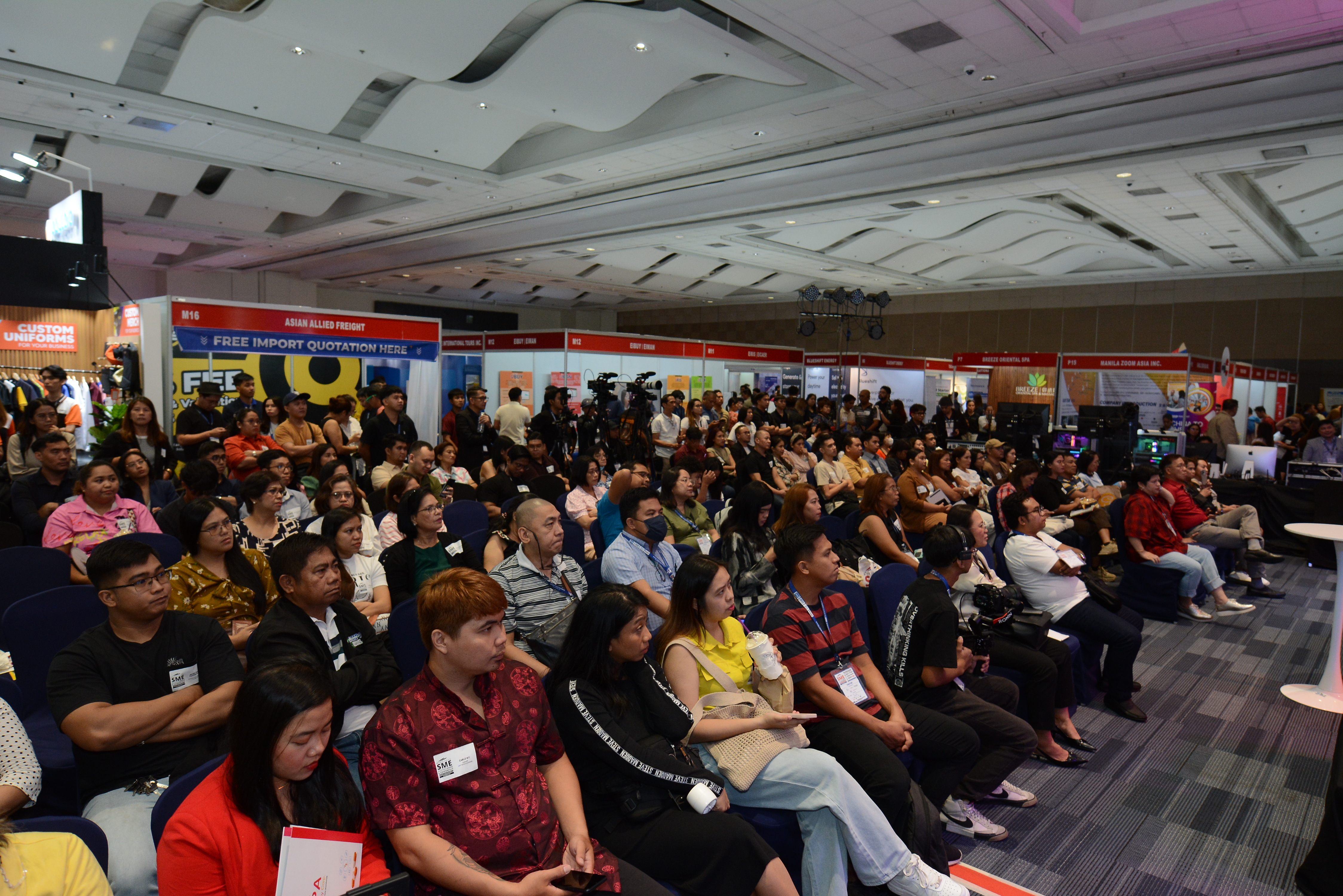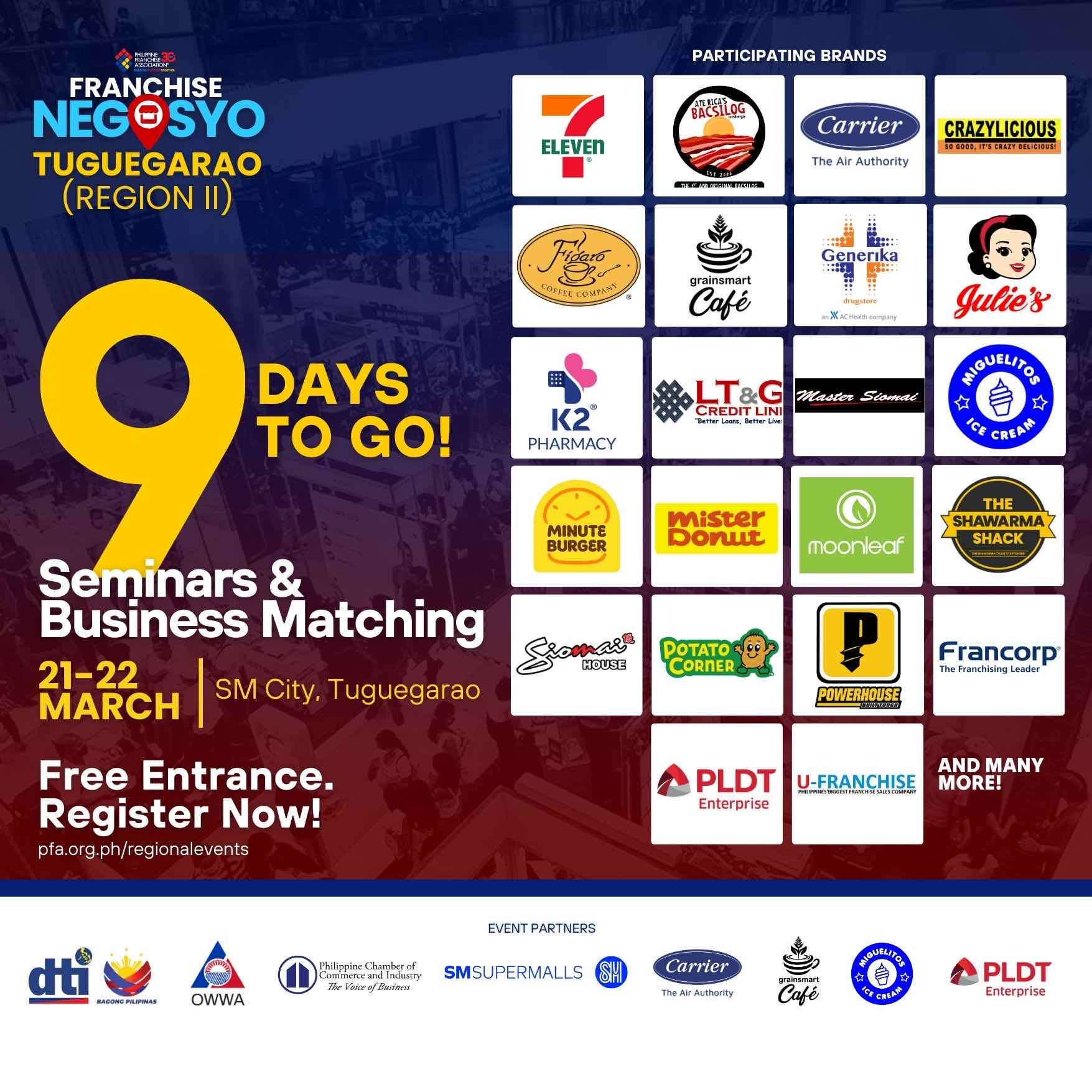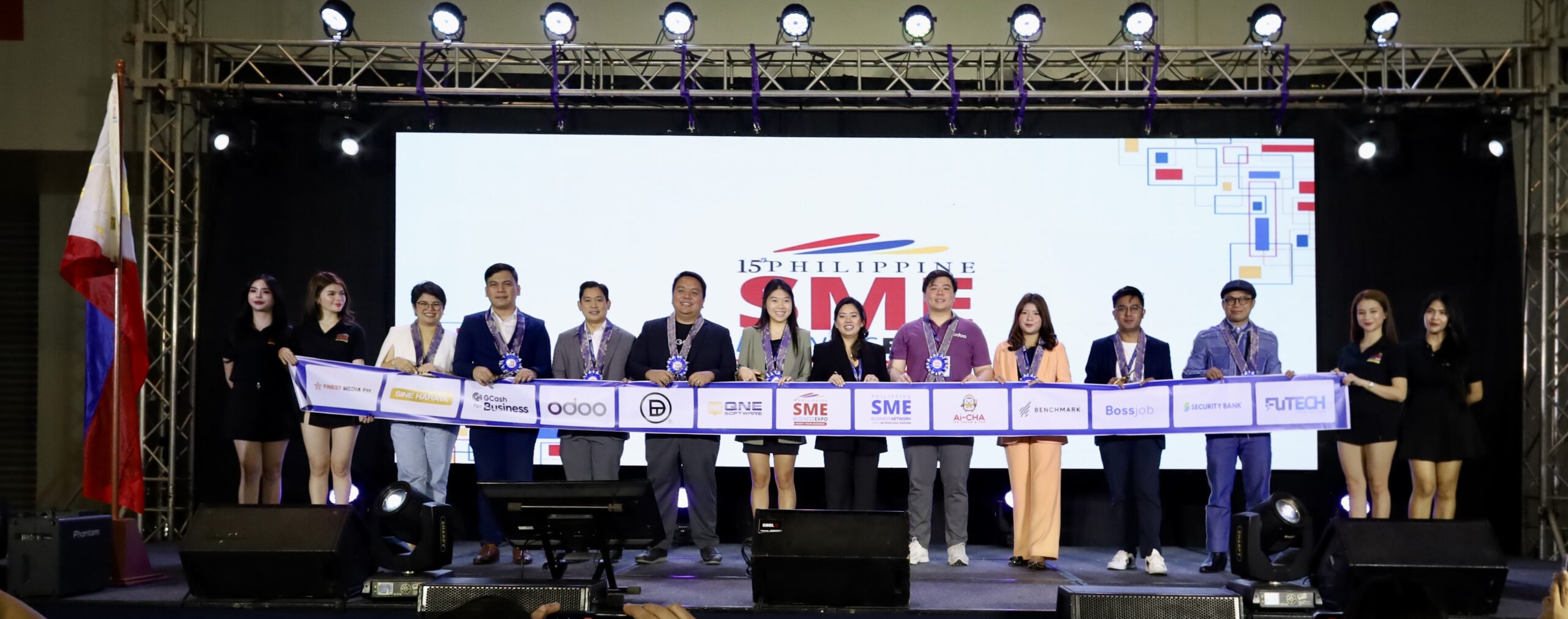
The World Intellectual Property Organization’s online portal for its Inventor Assistance Program (IAP) can now remotely accommodate Filipino inventors seeking professional help in commercializing their inventions in the international market — a move seen not only as an observance of safe distancing measures but also for reaching out to more under-resourced inventors in any part of the country.
WIPO’s IAP Online Portal is a new tool to continue work of its IAP in the midst of the crisis. The Intellectual Property Office of the Philippines (IPOPHL) made it easily accessible through its own website where a full guidance on eligibility and document requirements is provided. The local implementation of the IAP is a collaboration between IPOPHL and WIPO.
The IAP ultimately aims to gather patent expert volunteers and link them to inventors who seek legal counsel on protecting and managing their intellectual property (IP) rights but have limited financial means.
Through this matchmaking, the IAP helps unburden patent filers from paying the fees for IP consultants whose advanced knowledge on the technical and legal aspects of IP they will need when filing for patents particularly through the Patent Cooperation Treaty route.
“I urge our inventors to take advantage of the IAP. As you commercialize your inventions and innovations, you will have to do a lot of prior-art search and IP experts are the best to consult for this task. I hope that with our launching of this online, we can reach a wider market of inventors and make the program more accessible to anyone in any part of the country,” IPOPHL Director General Rowel S. Barba said.
“For our patent lawyers and experts, I encourage you to volunteer in providing free legal assistance to our inventors. If you want to give back to society, now is the best time to do so and our IAP can be your channel for giving back,” DG Barba added.
Deputy DG Teodoro C. Pascua echoed his sentiment, adding the IAP “is an avenue for participation of nation building for all lawyers to do their bit as we take the task of rebuilding.”
DDG Pascua also expressed gratitude for WIPO’s unwavering support for IPOPHL in its innovation efforts.
“We thank WIPO for scaling up its new online portal to accommodate our Filipino inventors. We are grateful to the organization for always assisting us with our needs. We also thank our Documentation, Information, and Technology Transfer Bureau for its aggressive promotion of the program. We hope these joint efforts will help more FIlipino inventors and ensure that they succeed in turning their innovations into rewarding assets,” DDG Pascua said.
For the Filipino and the world
WIPO Patent Division Director Marco Matias Aleman said IPOPHL’s IAP “is not only about giving protection in the Philippines, it‘s also about getting protection worldwide.” He also encouraged inventors to secure protection in countries key to innovation such as the United States and the European Union.
“Your work without any doubt will help improve the innovation ecosystem in your country,” Dir. Aleman told IPOPHL.
Allison Mages, head of WIPO’s Legislative and Policy Advice Section of the Patent Law Division, said the launch of an online version of the IAP is very timely with the surge of ideas and innovations amid the pandemic.
“The potential, with many of us thinking of making the world a better place, to make life better, there has been no better time to be an inventor than this moment and I hope Filipino inventors take advantage of this new tool,” Mages added.
She added that having worked with various IP offices around the world, she sees IPOPHL as “very visionary” in helping Philippine inventors succeed in local and global markets.
How to apply
To be eligible, inventors must demonstrate a basic level of knowledge of the IP system, through presenting (1) proof of a current or past patent application or (2) a certificate from an IP learning seminar such as IPOPHL’s free iLEAP or WIPO’s Distance Learning Courses.
Inventor applicants must also prove that (1) as an individual, they are earning P500,000 or less per year or (2) that they are a duly registered entity such as a micro, small, start-up, spin-off company with total assets less than P15 million.
Moreover, the invention applied for must not be “non-patentable” as described by Section 22 of the amended IP Code of the Philippines — IAP lawyers can advise on an invention’s patentability and recommend whether it would be wise for inventors to pursue an application. Having a commercial applicability or potential of the technology subject of the application will be a plus factor in the evaluation of an IAP application.
An initiative created with the help of the World Economic Forum, the IAP was launched by WIPO in 2016. The Philippines is one of the five country-beneficiaries along with Colombia, Ecuador, Morocco, and South Africa. The program has provided basic patent search and drafting seminars to a total of 65 Filipino inventors, five of whom filed their patent applications at IPOPHL with the help of the IAP.
At present, there are 17 local patent lawyers or experts providing pro bono support through the program.
—
Stay updated with news and information from the Intellectual Property Office of the Philippines by visiting their website at https://www.ipophil.gov.ph.






